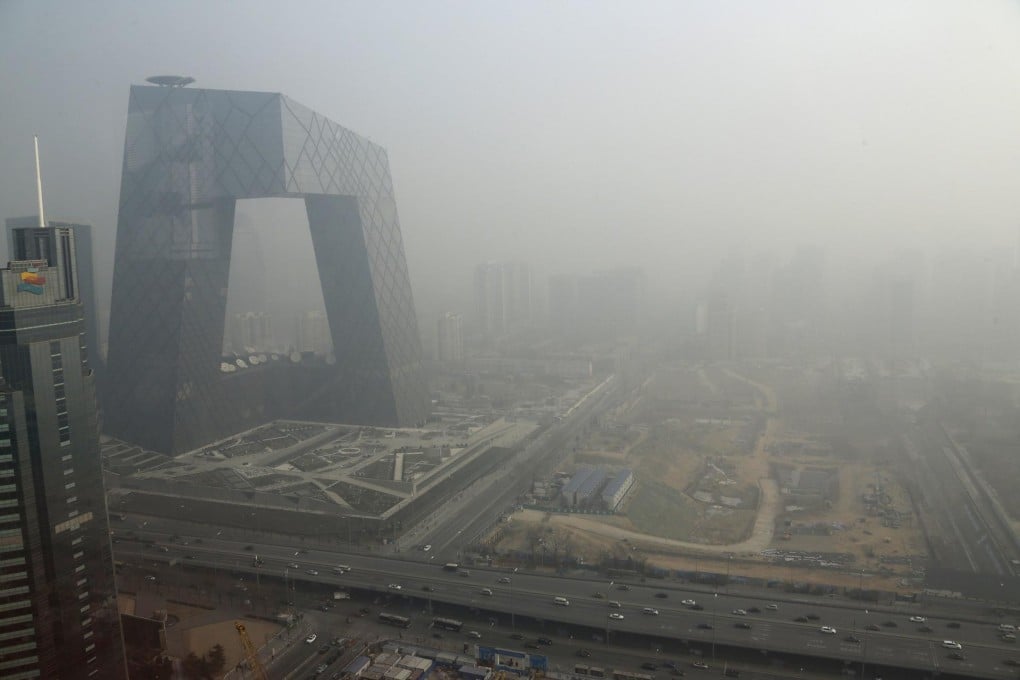Advertisement
Book review: Stumbling Giant, by Timothy Beardson
This is an authoritative and well-researched book about the future of China by a man working at the centre of Asia's economy for the past 30 years.
Reading Time:3 minutes
Why you can trust SCMP

by Timothy Beardson
Advertisement
Yale University Press
This is an authoritative and well-researched book about the future of China by a man working at the centre of Asia's economy for the past 30 years. His conclusion is that the mainland will not overtake the United States as the world's super-power during this century.
Advertisement

Crosby was the first international investment bank to open in China, Thailand and Malaysia, and the only foreign bank invited to participate in the working party to set up the Shanghai stock exchange. Beardson sold Crosby in stages between 1996 and 1999.
Advertisement
Select Voice
Select Speed
1.00x